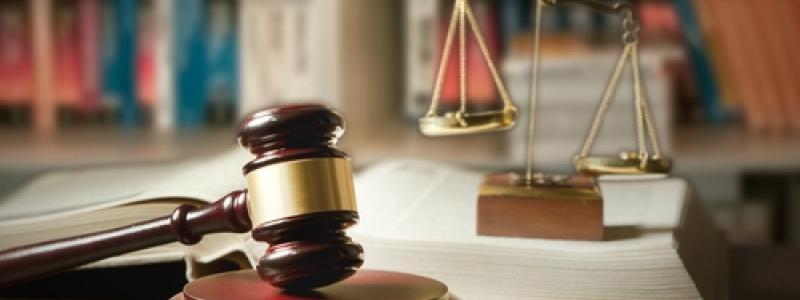FBI Director: Fight To Access Encrypted Handsets Will Continue

Apple’s feud with the Federal Bureau of Investigation (FBI) may be over, but according to the agency’s director James Comey, there will be more battles to come over the subject of mobile device encryption. Speaking during a briefing held just this week, the FBI chief shares his insights on the topic, and has stated that he fully expects other legal actions from the United States government in the future in order to gain access to smartphones and tablet devices that are encrypted.
The FBI’s spat with Apple earlier this year was well publicized. The feds wanted Apple’s help in gaining access to a certain iPhone 5c unit owned by a terrorist involved in the San Bernardino killings in December of last year. Apple denied the FBI’s request, forcing the bureau to produce a court order to the iPhone maker to comply. The fight between the two was brought to an end when the FBI was able to seek the assistance of a third party in hacking the iPhone under investigation.
Apart from grabbing some headlines, the feud brought the subject of mobile encryption to the fore. Those for encryption argued that it was necessary to protect the privacy of individual mobile users. The government and law enforcement agencies claim that mobile encryption prevents them from investigating criminal and terrorist activity.
Comey gave an idea of how frustrating it can be -- the FBI has had about 4,000 handsets in its custody since October of last year, but has been helpless in gaining access to about 500 of these devices. To be clear about it, these 500 devices do not have the same mobile operating system as the iPhone 5c under investigation, but the FBI is currently in the process of utilizing the services of the same third party that unlocked the San Bernardino iPhone.
Comey himself has conceded that legal action is far from being the perfect solution against mobile device encryption. Litigation can take time, and results can be mixed. Moreover, the parties involved could file appeal after appeal, and the whole back and forth arguments can bog down the investigative process itself.
This is where the expertise of third party hackers come into play. In the case of the terrorist’s iPhone 5c, Comey could not provide the identity of the third party, nor can he give an idea of how the hack was done. Apple of course is not pleased. The iPhone maker has demanded some answers, but so far has not gotten any.
Related Blog Articles
- Zero-Rated Data Beneficial To Low-Income Customers, Per Civil Rights Group
- First Quarter Shipments Of Wearable Devices Surge 67 Percent Compared To Last Year
- Latest iOS Update Causes Error That Locks Up 9.7-Inch iPad Pro Devices
- So, What Happened At This Year’s Google I/O?
- Per New Study: Average Age Of Kids Getting Their First Smartphone Is 10.3 Years Old
- How Vivo Became The Fifth Biggest Phone Maker In The World
- Between 2014 And 2015, US Users Doubled Their Mobile Data Usage
- Twilio Launches Programmable Wireless In Partnership With T-Mobile
- Are Teenagers Experiencing School Burnout Because Of Too Much Internet?
- Lenovo’s Motorola Brand Integration May Not Be Going As Smoothly As Hoped


 Menu
Menu